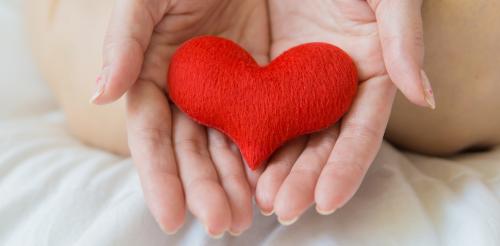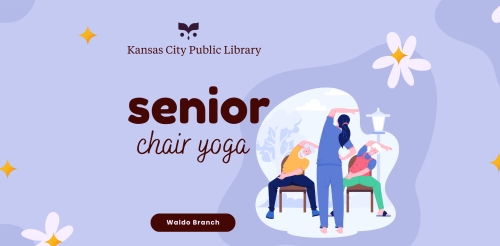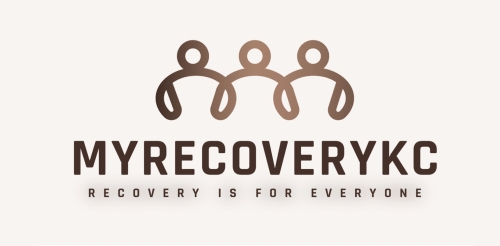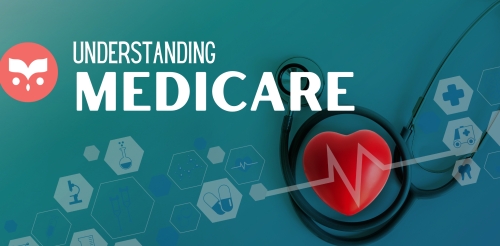Health and Well-Being
Discover wellness resources and initiatives in our community. Our goal is to build a space in the Library where all patrons can access the wellness resources and programs they need to lead a healthier life.

Why Vaccines Work — and Why They’re Still So Important
As colder weather moves in and “sickness season” begins, you’ve probably noticed reminders to get your flu shot or updated COVID-19 vaccine. Vaccines are one of the safest and most effective tools we have to prevent serious illness. They teach your immune system how to recognize harmful germs, so it can fight them off quickly if you’re ever exposed. That means you’re less likely to get very sick, need hospital care, or spread illness to others.
Everyday Ways to Think About Vaccines
Vaccines work a lot like things we already rely on to stay safe:
- Seat Belts: You might never get in a crash, but you still buckle up—just in case. Vaccines work the same way, protecting you when the unexpected happens.
- Smoke Detectors: Most of the time, they’re quiet. But when danger appears, they give you an early warning. Vaccines “train” your immune system to respond fast before an infection gets serious.
- Phone Updates: You install updates to stay protected from new bugs. Vaccines act as immune “updates,” keeping your defenses strong—especially when boosters are needed.
Even if you’re healthy, vaccines help protect the people around you—like babies, older adults, and anyone with a weakened immune system who can’t get certain shots. Choosing vaccination is a simple, powerful act of community care.
mRNA Vaccines: A Simple Explanation
You’ve probably heard about mRNA vaccines—a newer kind of vaccine that made headlines during the COVID-19 pandemic. Here’s what makes them both safe and effective.
What Is mRNA?
Think of mRNA as a recipe card.
- Your body’s DNA is the cookbook that stores all your instructions.
- mRNA copies one recipe (instructions) and brings it to your cells, the “kitchen.”
- The kitchen (ribosomes) makes the dish—a protein that your body uses for normal functions.
- After use, the recipe card (mRNA) gets thrown away—it never stays in or changes your DNA.
How Do mRNA Vaccines Work?
Scientists create a temporary recipe card that teaches your body how to make a harmless piece of a virus—like the spike protein from COVID-19.
- Your cells briefly make this harmless piece.
- Your immune system studies it, remembers it, and learns how to fight the real virus if it ever shows up.
Why Is It Safe?
- Doesn’t change your DNA: mRNA stays outside the part of the cell where DNA is kept.
- Temporary: It breaks down quickly after use.
- Natural process: Your body already uses mRNA every day to make proteins—it’s part of normal biology.
Why Is It Effective?
mRNA vaccines act like a practice drill for your immune system. They help your body:
- Create antibodies that recognize and block the real virus.
- Build immune memory so it can respond quickly if exposed again.
Bottom line
- mRNA vaccines are safe—they don’t touch or change your DNA.
- They are effective—they train your immune system using practice, not illness.
- They help protect you and your community.
Vaccines—whether traditional or mRNA—are a remarkable blend of science and community care. By keeping up to date on your recommended vaccines, you’re helping yourself, your loved ones, and your community stay stronger together. Please check out our vaccine education resources attached below!
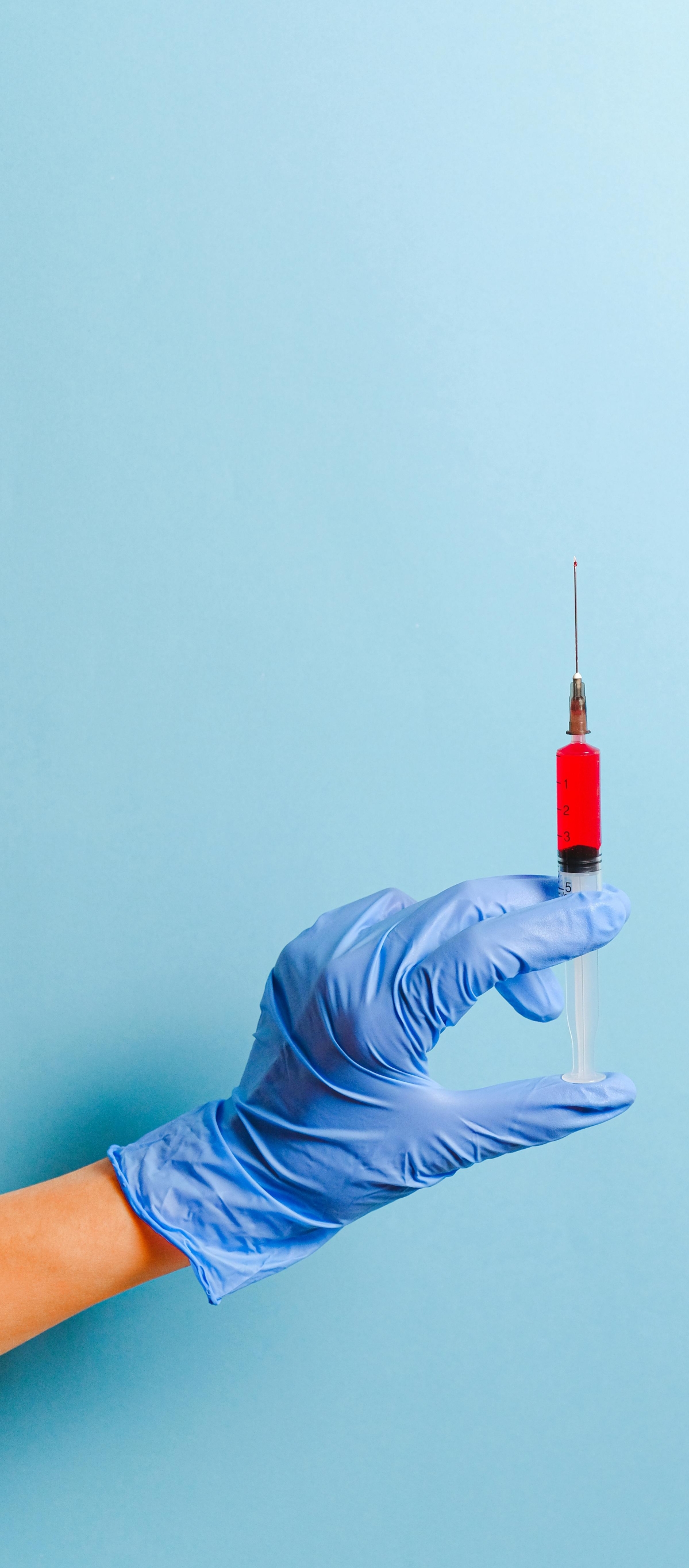
Learn More About
Upcoming Activities
Interested in a health topic? Check out our lists below!
Contact Us
Have a programming idea? Want to partner with us? Just want to provide some feedback?
Email: health@kclibrary.org
Call: 816.701.3672






